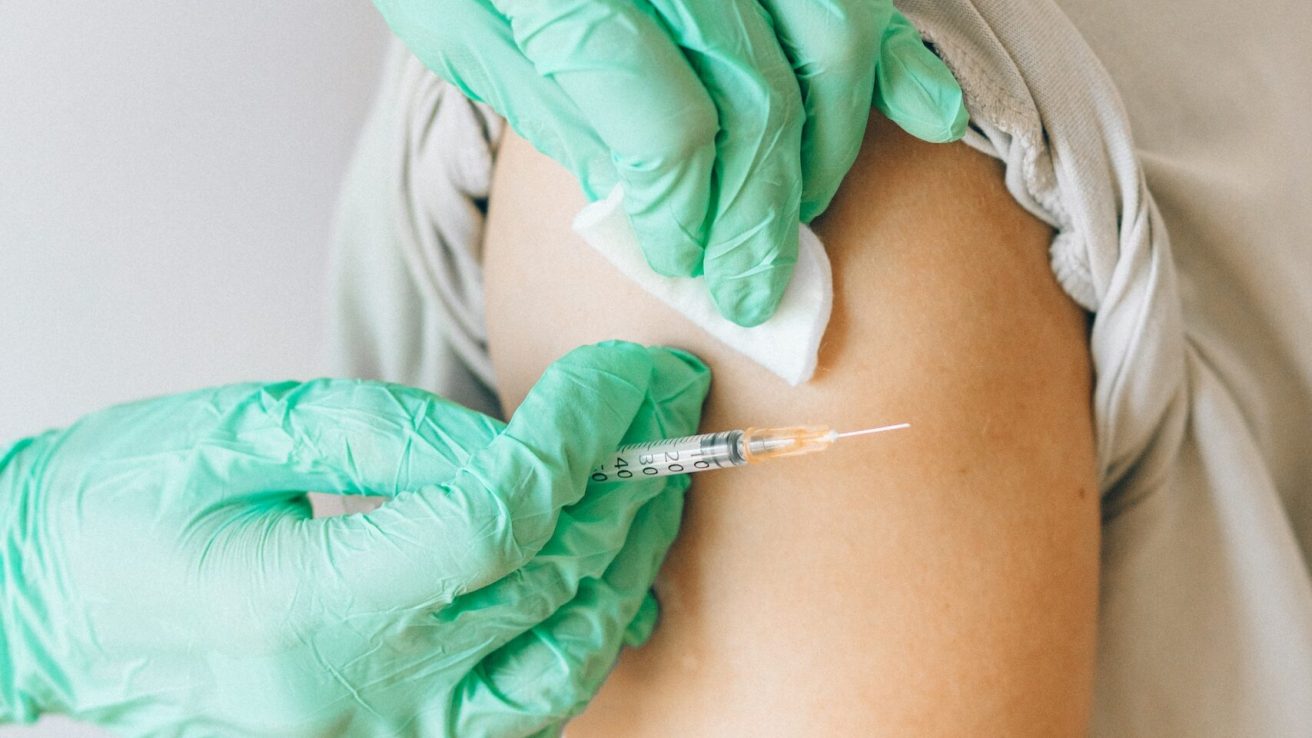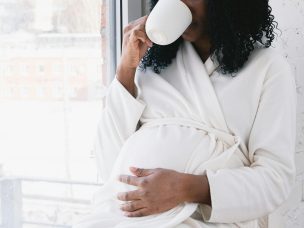Rarely, some individuals may develop symptoms of alopecia areata following COVID-19 infection or vaccination, which are associated with pro-inflammatory cytokines that are also implicated in the pathogenesis of alopecia areata.
Alopecia areata (AA) concerns have emerged following COVID-19 vaccination and infection. This cross-sectional analysis evaluated the relationship between COVID-19 infection or vaccination and AA. The study concluded that, rarely, certain individuals might exhibit symptoms of AA following COVID-19 vaccination or infection. These symptoms are associated with certain pro-inflammatory cytokines that are commonly seen in AA pathogenesis. The study also concluded that psychological stress associated with the pandemic might exacerbate AA. The study findings are published in the Journal of the European Academy of Dermatology and Venereology.
Majority of AA Symptoms Following COVID-19 Infection Represented New Onset of AA
Symptoms of AA after COVID-19 infection or vaccination occurred in 42.4% and 68.1% of the study participants, respectively. In the former group, 60% of the symptoms represented new onset AA diagnosis, whereas 36% of the symptoms represented relapse of pre-existing AA. The mean (SD) onset of specified AA symptoms was 50.6 (31.7) days following infection. Regarding AA symptoms after COVID-19 vaccination, new-onset AA diagnosis accounted for 50.6% and relapse of pre-existing AA accounted for 49.4%. The mean (SD) onset of specified AA symptoms was 61.5 (72.7) days.
The Development of AA Is Associated With Pro-Inflammatory Cytokines
The potential mechanism underlying the temporal association between the appearance of symptoms of AA and COVID-19 vaccination or infection is the upregulation of pro-inflammatory cytokines, including interferon-gamma (IFN-γ), interleukin 6 (IL-6), and tumor necrosis factor-alpha (TNF-α). These pro-inflammatory cytokines are also implicated in the pathogenesis of AA. Psychological stress associated with the pandemic may also exacerbate AA.
The Study May Have Potential Response and Sampling Bias
The data collected in this cross-sectional analysis was acquired via online support groups in the form of patient-reported information. Therefore, the study may have potential response and sampling bias. Additionally, the relapsing and remitting nature of AA may result in coincidental occurrence of symptoms in association with COVID-19 infection and/or vaccination.
This cross-sectional study demonstrated that some individuals who experienced COVID-19 infection or vaccination might experience new-onset or relapsing symptoms of AA. This may be associated with pandemic-related psychological stress and pro-inflammatory cytokines.
Source
Nguyen, B., & Tosti, A. (2023). Alopecia areata after COVID-19 infection and vaccination: A cross-sectional analysis. J Eur Acad Dermatol Venereol, 37(1), e7-e8. https://doi.org/10.1111/jdv.18491









